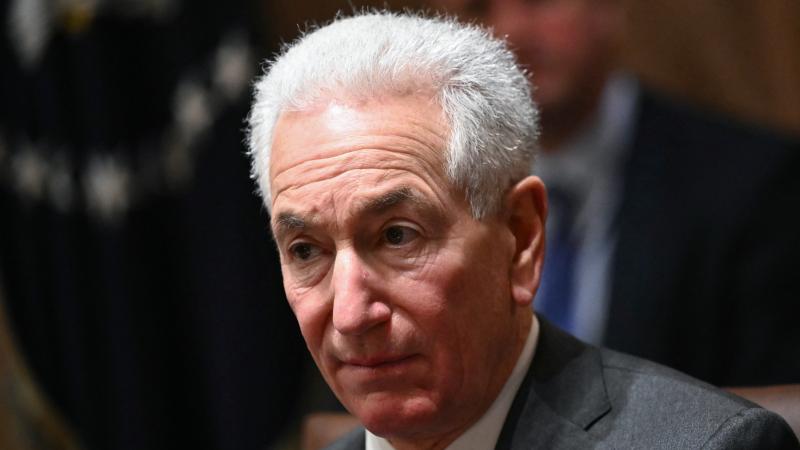A new Margaret Thatcher? New British PM Liz Truss could meet obstacle in new Conservative Party
Since the Iron Lady's time, the Tories have transformed into a left of center party that has more in common with Biden's Democrats than with Trump Republicans.
On Tuesday morning, Liz Truss and her former boss, Boris Johnson, made the same trip north — on different flights and for different reasons — to meet the Queen at her Scottish residence at Balmoral Castle.
Johnson went to offer his resignation and Truss to be formally appointed by the monarch as the 15th prime minister of her long reign — Sir Winston Churchill was the first.
Once back in London, Truss was driven to her new home at 10 Downing Street to give a televised speech in the road outside but, after a summer of drought, it rained on her parade. After a short delay, she emerged to announce her three main priorities.
First, she would focus on "getting Britain working again" and would implement a "bold plan to grow the economy through tax cuts and reform." In a nod to her Conservative base, she explained she would "cut taxes to reward hard work and boost business-led growth and investment" in order to "get the United Kingdom working, building and growing."
She then moved on to the pressing energy crisis, which she claimed was "caused by Putin's war."
Finally, she spoke of infrastructure development to "make sure that we are building hospitals, schools, roads and broadband."
Her full Cabinet will not be announced until later, but in a first for British politics, there are no white males in any of the top jobs of prime minister, home secretary, foreign secretary and chancellor (finance minister). Many of Johnson's inner team were sacked, particularly those who supported her rival Rishi Sunak in the leadership campaign.
Some have been touting her as a new Margaret Thatcher, but the political and social landscape has changed irrevocably since the Iron Lady's time in office.
Thatcher is best known for her working relationship with Ronald Reagan, but when she first came to power Jimmy Carter was in the White House, so she had to learn to work with a Democrat, as the Conservative Liz Truss will have to do with Joe Biden.
Since Thatcher's demise, however, the Tories have transformed into a left of center party that has more in common with Biden's Democrats than with Trump Republicans. The question is will Liz Truss change that?
Even before Biden's inauguration, Boris Johnson told Parliament about his "excellent conversation" with the president-elect. "We were strongly agreed on the need for once again the UK and the US to stand together to stick up for our values around the world," he said. That meant, he explained in an implied dig at former President Donald Trump, "to stick up for NATO, and to work together in the fight against climate change."
Sticking up for NATO against Putin's Russians is exactly what Truss did while serving as foreign secretary, and what she will continue to do as prime minister. This stands in contrast to Thatcher, who tried to defuse tensions with Moscow during the cold war — even while its forces were still attacking Afghanistan — by reaching out to its then-leader Mikhail Gorbachev saying, "We can do business together."
As foreign secretary, Truss a took a very hard line against Russia through sanctions and arms to Ukraine after it was invaded. That policy will continue during her premiership, and the question remains: How far is she willing to go in opposing Putin over Ukraine?
On green issues, however, Truss is going against her former boss. She has announced that due to the pressing energy crisis the nation faces, she will temporarily ditch Johnson's green policies and revive Britain's oil and gas fields in the North Sea as well as resume fracking in areas where the local population give their consent.
In the short term, she is also planning to freeze household energy costs through government loans to energy suppliers. The cost of that has been estimated around $100 billion, though it is not yet clear if taxpayers or consumers will have to foot that bill.
Thatcher II? We shall see.
















